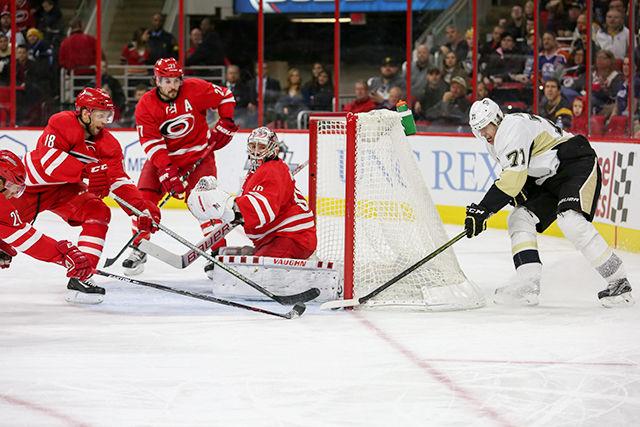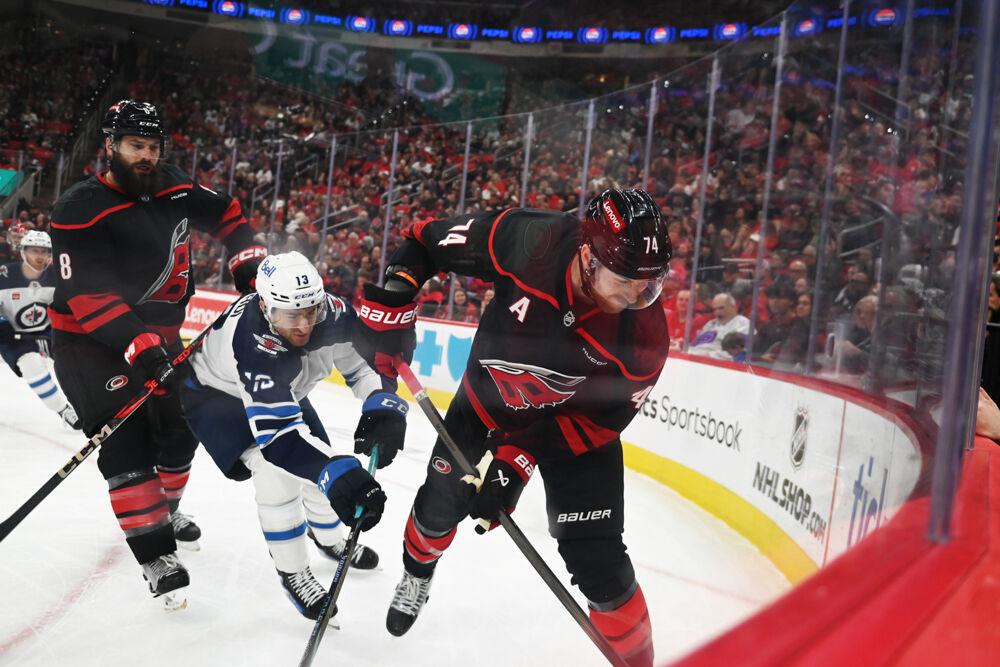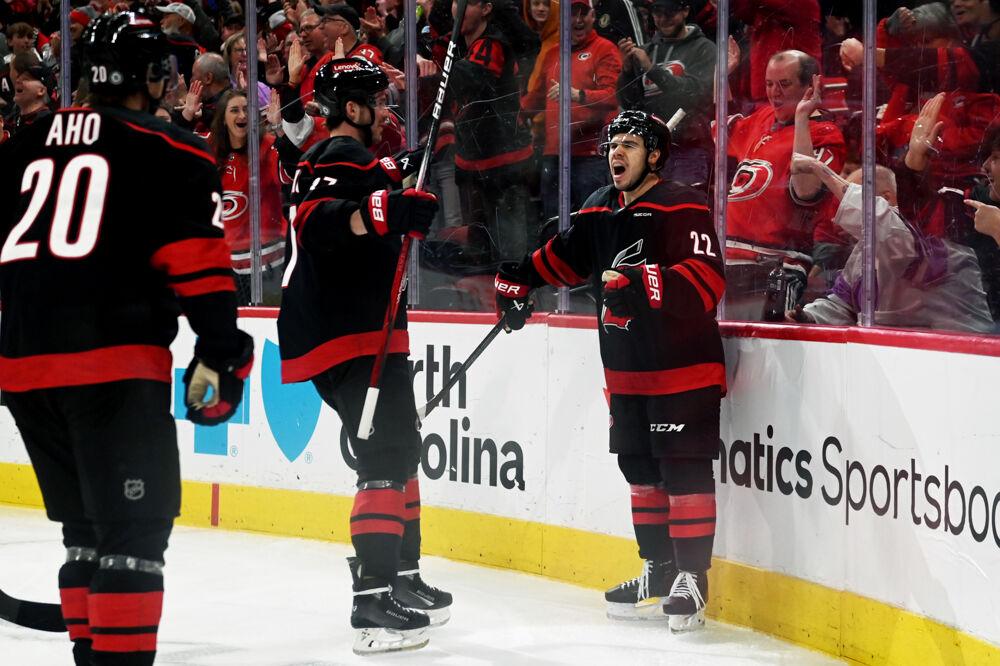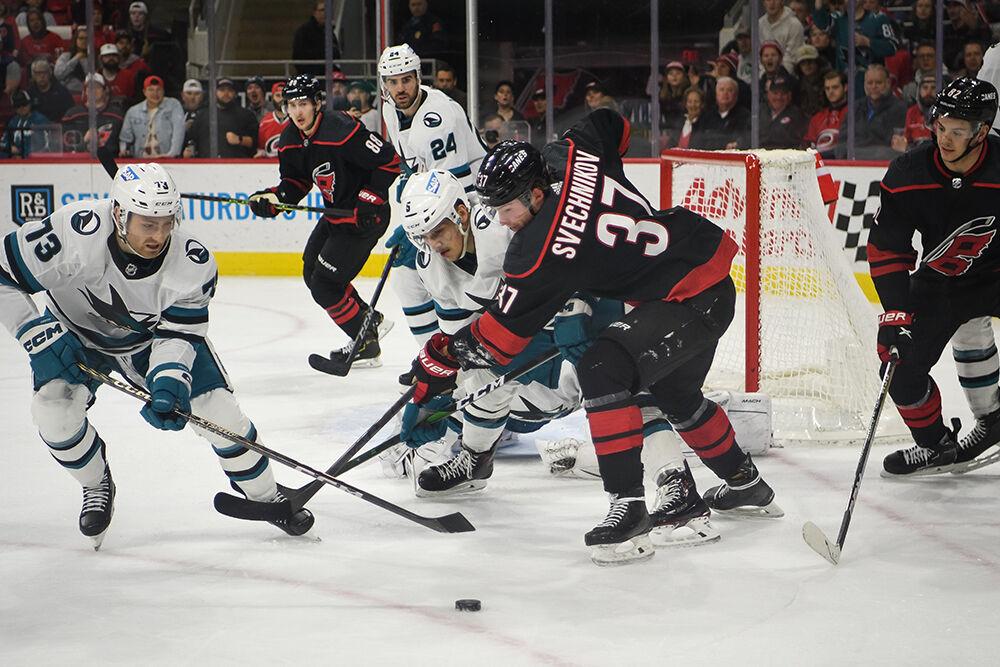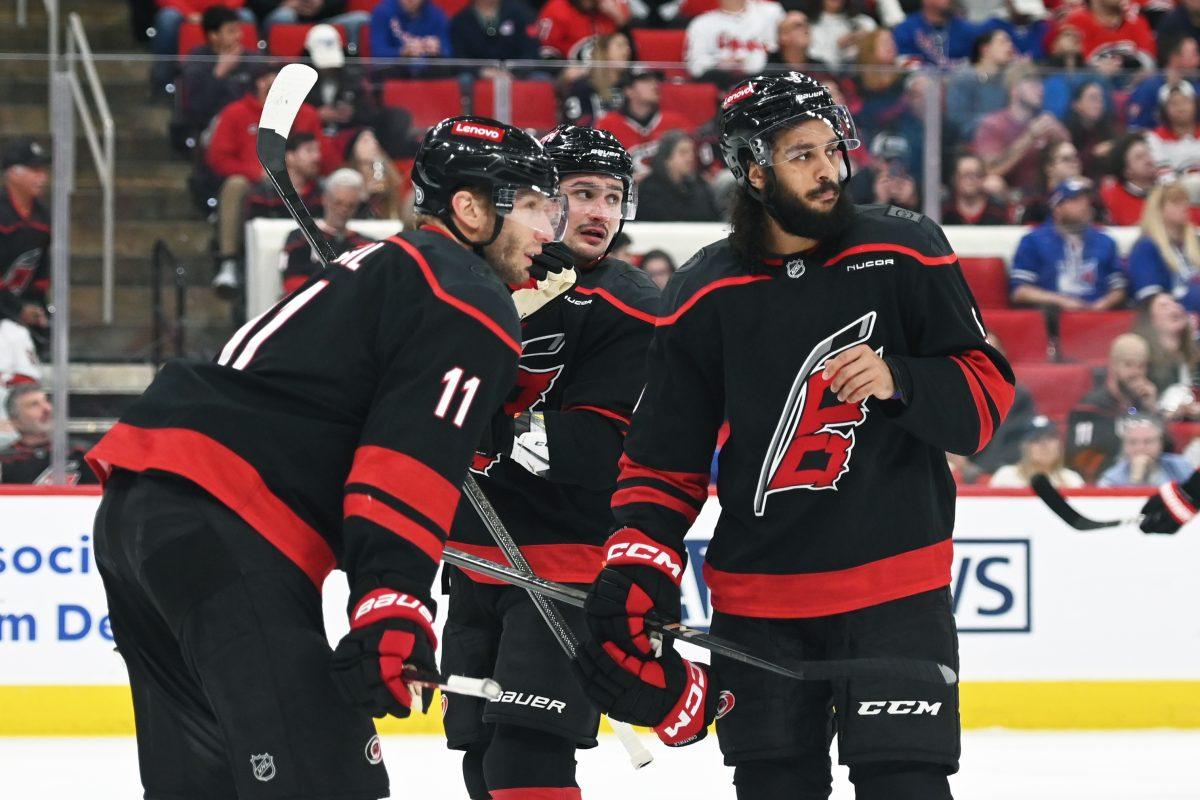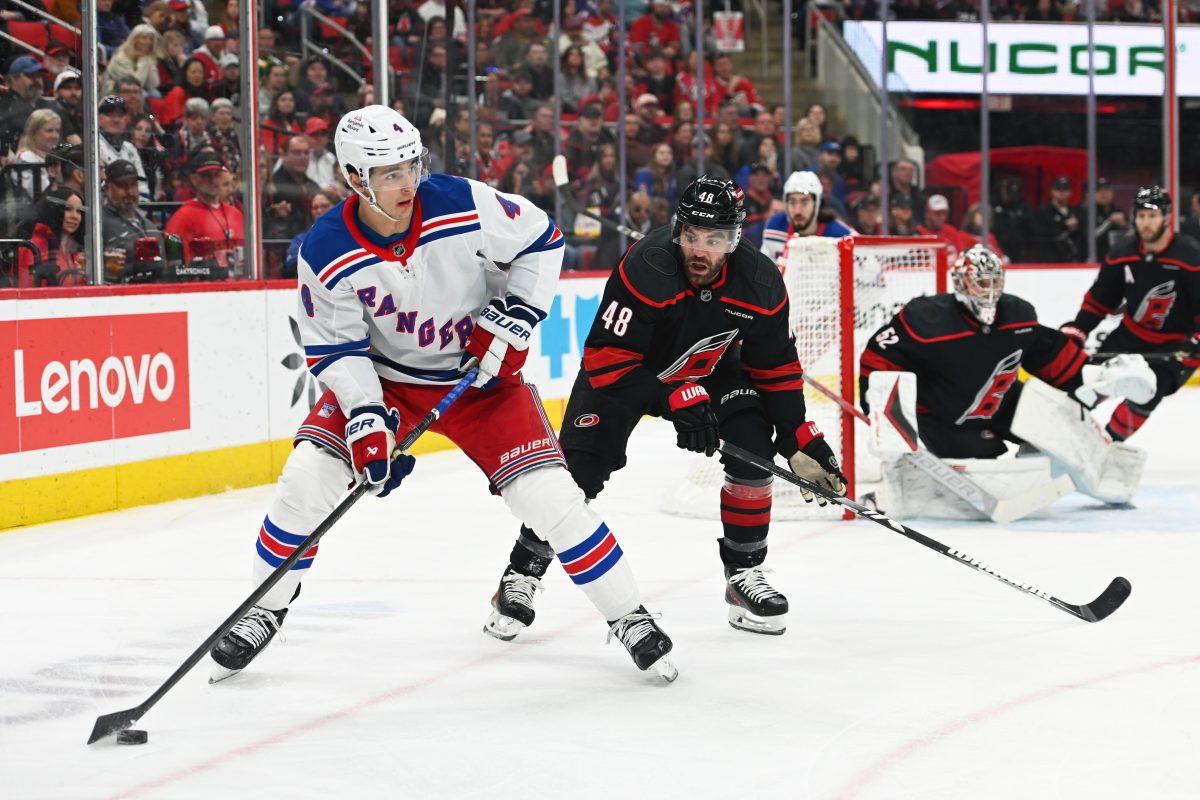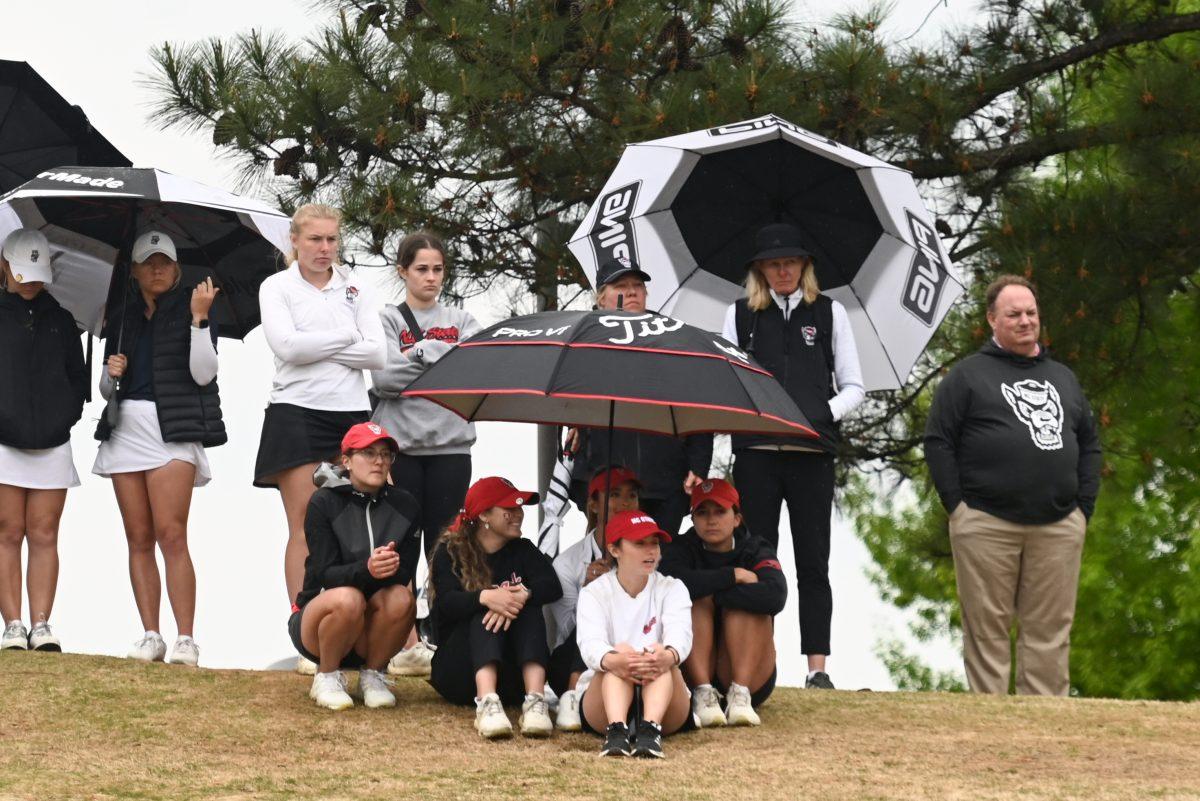With the NHL trade deadline, Feb. 29, quickly approaching, the Carolina Hurricanes organization has crucial decisions to make regarding the futures of pending free agents currently on the roster. Those decisions will, without a doubt, shape the trajectory of the franchise moving forward, for years to come.
The predicament Carolina currently finds itself in is further complicated by the fact that for the first time in years, the Hurricanes have a legitimate shot of making the playoffs, and as of Monday afternoon are only two points out of the final postseason spot in the Eastern Conference.
This presents an intriguing question that general manager Ron Francis must answer: Should the Canes hold on to their players in the final year of their contracts, in hopes of keeping the team together for a playoff run, or should he risk the opportunity of making the playoffs this season by trading those players to get assets in return that would help further build the team for long-term success?
The dilemma starts with two players who have been staples and faces of the organization since the Hurricanes won the Stanley Cup in 2006: captain Eric Staal and goaltender Cam Ward.
Both players, who at one time were two of the best in the league at their respective positions, are in their final season of multi-year, hefty contracts. And while they are on the backend of their careers and haven’t always played up to their exorbitant salaries, they still have plenty to offer.
But at the end of the day, as much as it pains lifelong fans who saw firsthand what the pair provided for the team when it won the Stanley Cup in 2006 and in years since then, they currently have more to offer to other teams than they do to the Hurricanes.
The truth of the matter is that right now, the Canes are being led, at least production wise, by youngsters and not by veterans like Staal and Ward.
While Ward has improved his play significantly since December, he hasn’t been much better than fellow netminder Eddie Lack, whose numbers are slightly worse in the same timeframe, yet carries a salary $5 million cheaper than Ward’s.
Staal is currently one of the highest-paid players in the league, earning $9.5 million this season, yet ranks outside of the top 100 in points. While his leadership value is certainly worth something, it’s hard to argue he deserves that type of salary based on his production this year and in the past few seasons.
Both players will be sought after at the trade deadline by teams looking for that missing piece they believe will help them make a run deep in the Stanley Cup Playoffs. Because of that belief, those teams around the league will be willing to pay a substantial price — whether it be draft picks, top-level prospects or both — to the Hurricanes that Carolina can in turn use to further build the team.
What the Canes can’t afford to do, is let either Staal or Ward play out the final year of their contracts, and then leave for another team in free agency, without Carolina getting any kind of return at all. That is not how continual winners are built.
Yes, the Canes could sign them to extensions before the trade deadline, but is it really worth it? Both would probably take a pay cut, but would most likely still demand a dollar amount higher than what they are currently worth to the team.
If Ward and Staal are traded, the Hurricanes could receive draft picks and prospects in return, and still have the opportunity to sign them in the summer during the free-agency period if the dollar amount is agreeable.
Staal and Ward aren’t the only players who could be on the move, as other teams around the league will probably make offers for other players. As a general rule of thumb, if the offer made is fair and the player is in the final year of his deal, the Hurricanes should jump all over it.
I realize that by doing so, it could end the Hurricanes’ chances of making the postseason this year. But in the long run, it makes much more sense to gain as many pieces to help build for the future so that the Canes become a team that competes every year for the Stanley Cup, not just every few years.
A substantial reason why the Hurricanes are in the position they are in now, not having made the playoff since 2009, is that under former general manager Jim Rutherford, they failed to trade players at the deadline, letting them walk without getting anything at all in return. If they want to change that pattern of missing the playoffs, they must learn from those very critical mistakes.


